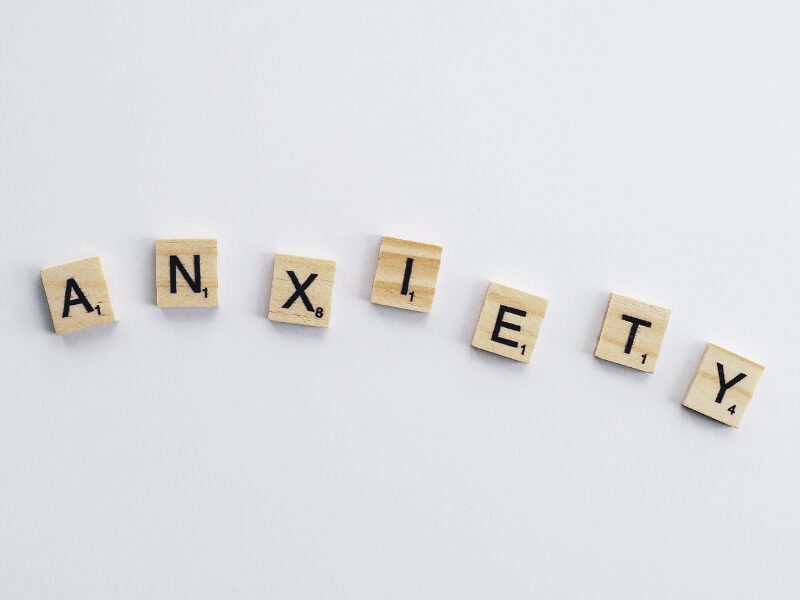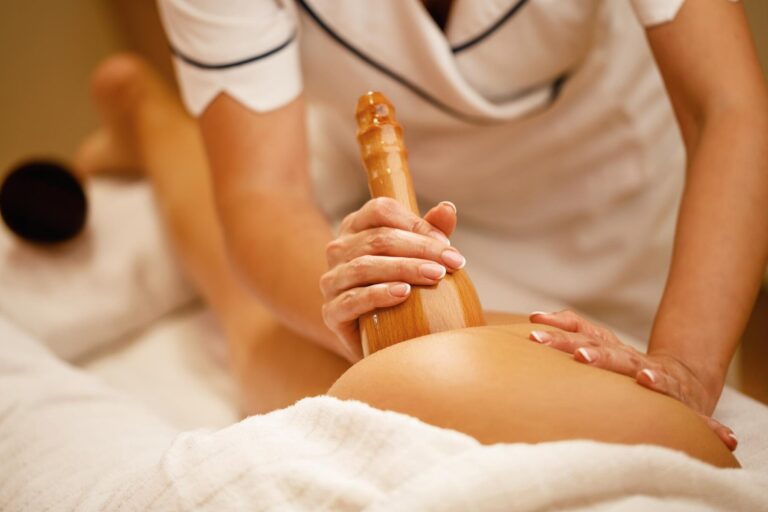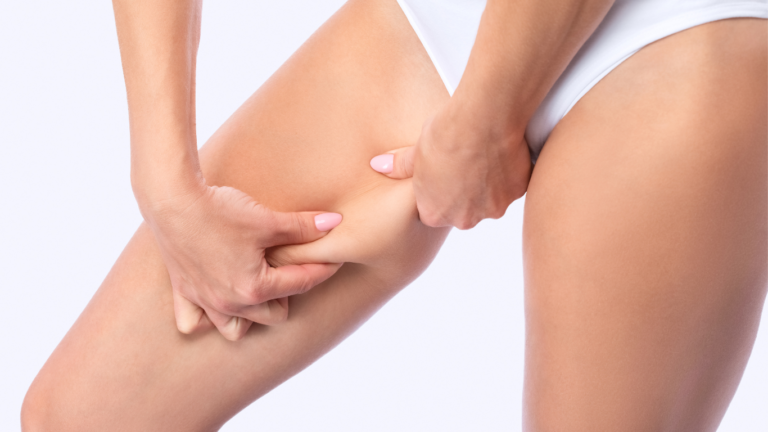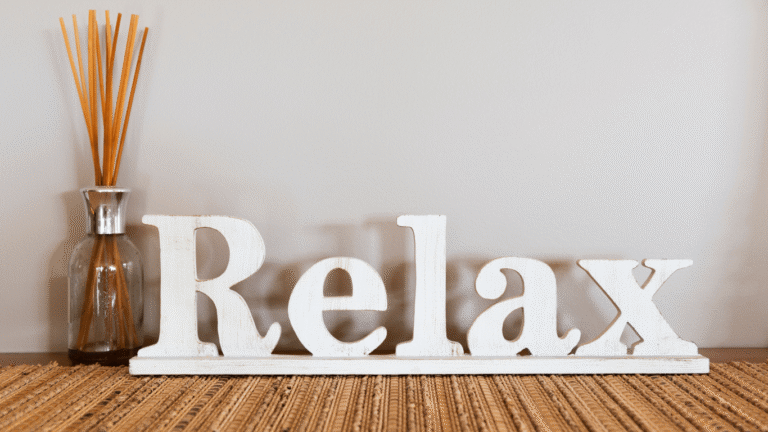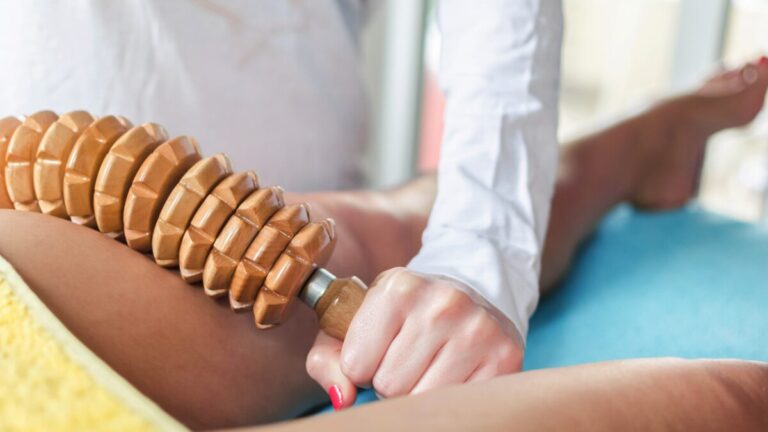Natural anxiety treatment: everything you need to know about anxiety and effective solutions such as maderotherapy
Anxiety is a normal reaction to stress or threatening situations. However, it becomes problematic when it manifests itself for no apparent reason, disrupting daily life. It is characterised by a feeling of intense worry or fear, often disproportionate to the actual situation. To deal with it, many people seek a natural anxiety treatmentThis can be achieved by using gentle methods such as maderotherapy, meditation and yoga, which help to reduce stress and restore emotional balance without resorting to medication.
The different forms of anxiety
Anxiety can take many forms, each with its own triggers and manifestations. Here are the main ones:
- Generalised anxiety A constant worry about various aspects of life, often out of proportion. It affects between 5 % and 8 % of the population, particularly women over the age of 40.
- Simple phobia Anxiety triggered by a specific object or situation, such as spiders or heights.
- Social phobia Anxiety in social situations, which may include extreme fears such as eating in public or speaking in a group.
- Panic disorder Sudden onset of intense anxiety with no identifiable trigger, with symptoms peaking within a few minutes.
- Obsessive compulsive disorder (OCD) Anxiety in the form of obsessions, often accompanied by repetitive compulsions that interfere with social and professional life.
Psychological and physical symptoms
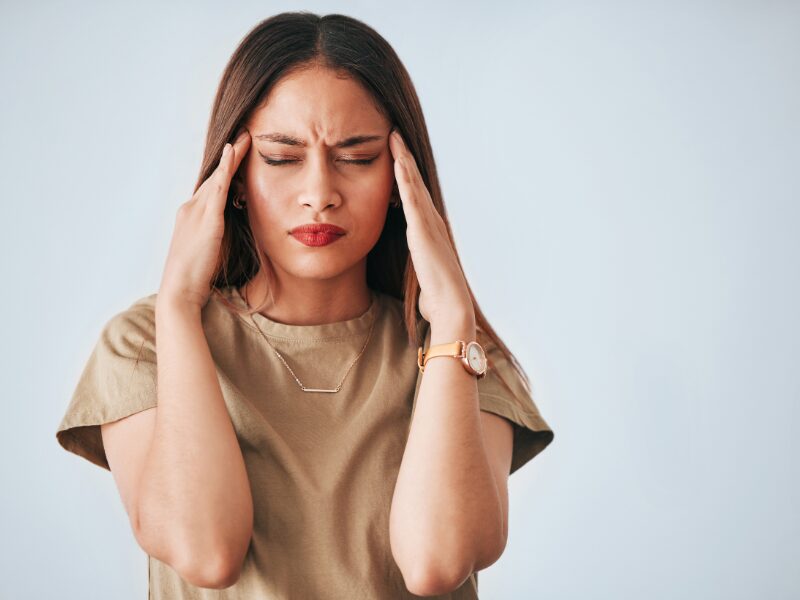
Anxiety manifests itself through a combination of psychological and physical symptoms. Psychologically, you may feel :
- Anxiety
- Fear
- Nervousness
- Difficulty concentrating
- Irritability
Physically, anxiety can take the form of :
- Heart palpitations
- Muscular tension
- A "lump in the stomach" feeling
- Sensation of suffocation, of a "tight throat".
- Sweats
- Insomnia
The physical symptoms of anxiety can sometimes be confused with other illnesses, complicating the diagnosis. These manifestations vary from person to person and often require professional assessment for a precise diagnosis.
Statistics and prevalence of anxiety
Anxiety is a widespread mental health problem. Here are some key statistics:
| Type of anxiety | Prevalence | Groups affected |
|---|---|---|
| Generalised anxiety | 5 % - 8 % of the population | Women affected twice as much as men, particularly after the age of 40 |
| Social phobia | Approximately 7 % of the population | A majority of women |
| Panic disorder | 2 % - 3 % of the population | More common in women |
| TOC | 1 % - 2 % of the population | Men and women equally affected |
These data underline the importance of recognising and treating anxiety, which can significantly affect quality of life..
Causes and triggers of anxiety
Anxiety can be triggered by a variety of factors, often interconnected. Among the main causes are :
- Genetic elements : A family predisposition can increase the risk of developing anxiety disorders.
- Environmental factors Stressful events such as the loss of a job, divorce or the death of a loved one can trigger anxiety.
- Biological changes Chemical imbalances in the brain can play a crucial role.
- Trauma : Traumatic experiences, especially in childhood, can leave lasting scars.
In addition, certain lifestyles and habits can exacerbate anxiety. For example, excessive caffeine consumption or lack of sleep can increase anxiety symptoms.
Impact on daily life
Anxiety is not confined to moments of panic; it permeates every aspect of daily life. Here's how it can affect :
- Employee relations Fear of interaction can lead to isolation and strained personal relationships.
- Performance at work Difficulty concentrating and irritability can affect productivity and professional relationships.
- Physical health Physical symptoms such as palpitations and muscle tension can lead to chronic pain and other health problems.
- Quality of life Constant anxiety reduces general well-being, making daily activities less enjoyable.
"Anxiety can become a real obstacle to self-actualisation and the pursuit of personal and professional goals."
Treatment and care
Fortunately, there are several effective approaches to managing anxiety, which can be divided into natural and medical approaches.
Natural approaches to anxiety
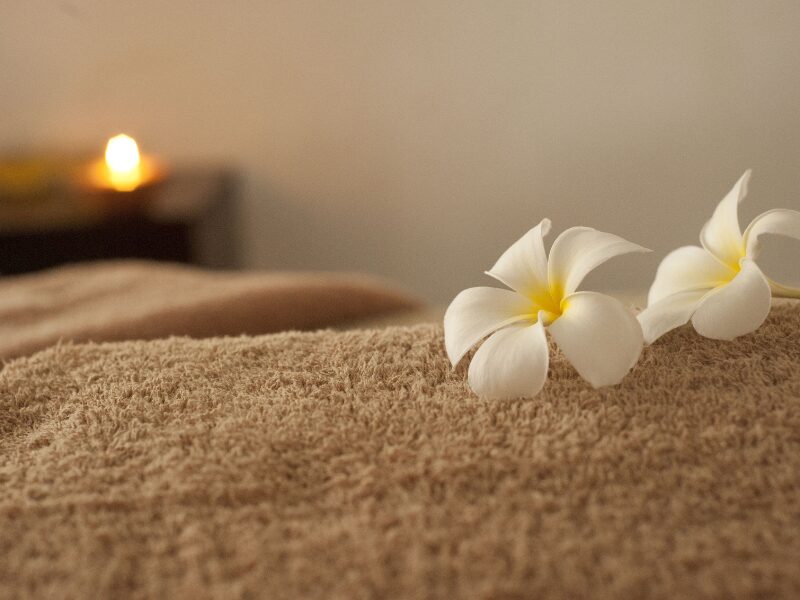
Maderotherapy :
Madero therapy is a massage technique that uses a combination of wooden tools to stimulate blood circulation, reduce muscular tension and soothe stress, promoting deep relaxation. Considered a natural anxiety treatmentMassage is a holistic approach that works on both the body and the mind. Several studies show that massages, including those using tools such as maderotherapy, can significantly reduce anxiety symptoms.
A systematic review published in the Journal of Clinical Psychiatry in 2010 concluded that massage increases serotonin and dopamine levels, while reducing the stress hormone cortisol. What's more, a 2013 study at the University of Miami observed a reduction in symptoms in people suffering from anxiety after regular massage sessions. So maderotherapy not only relaxes the muscles, it is also an effective approach to promoting lasting mental calm.
La gentle compression therapy is based on applying pressure to certain parts of the body to reduce stress and improve the feeling of safety. A 2015 study by Temple University found that compression garments and weighted or tight blankets help calm the nervous system and reduce anxiety. To find out more, visit this site on gentle compression therapy.
Relaxation techniques :
Meditation, yoga and breathing exercises are other ways to help yourself. natural anxiety treatment which have proven their effectiveness. A 2016 study published in the Journal of Alternative and Complementary MedicineA study of the effects of mindfulness meditation on anxiety showed that mindfulness meditation significantly reduced anxiety symptoms. Yoga, meanwhile, was studied in 2013 in the Journal of Clinical Psychology Participants who followed a 12-week course observed a reduction in stress and an improvement in their overall well-being. These practices act on the parasympathetic nervous system, inducing deep relaxation and helping to better manage negative emotions.
Support groups :
Sharing experiences with others facing similar problems can provide essential emotional support. Participating in a support group creates an environment of solidarity, where individuals can exchange practical advice and feel less isolated in their battle against anxiety.
Medical approaches
Psychotherapy :
Cognitive behavioural therapy (CBT) is particularly effective in identifying and changing negative thought patterns. By learning to modify the irrational thoughts that fuel anxiety, CBT helps individuals to better manage stressful situations and reduce their anxiety symptoms.
Medication :
Antidepressants and anxiolytics can help reduce anxiety symptoms, but must be prescribed by a healthcare professional. These drugs work by regulating neurotransmitters in the brain, offering temporary relief of symptoms, but must be used under strict medical supervision.
Practical advice for managing anxiety
In addition to professional treatments, here are a few practical tips to help you deal with anxiety on a day-to-day basis:
- Avoid caffeine Stimulants can exacerbate anxiety symptoms.
- Exercise regularly : Physical activity releases endorphins, mood-enhancing hormones.
- Adopt a balanced diet : Good nutrition supports mental and physical health.
- Make sure you get a good night's sleep Quality sleep is essential for managing stress and anxiety.
- Learn breathing techniques Simple exercises can help calm the nervous system in times of stress.

